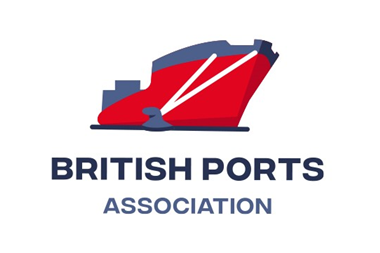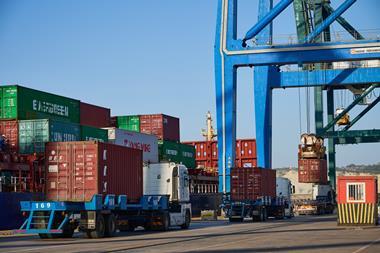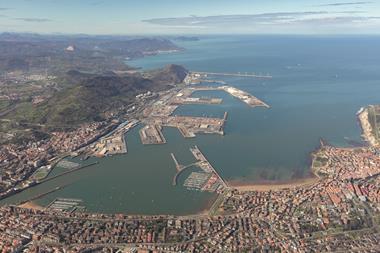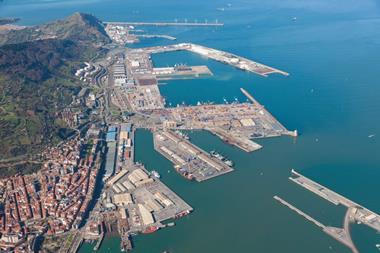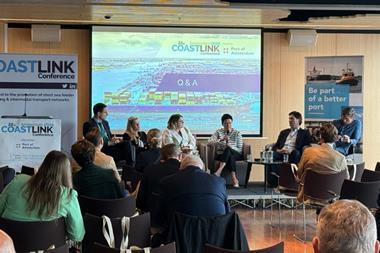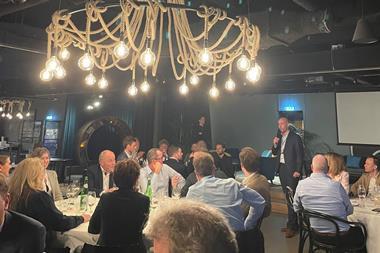The ports and shipping industry needs to accelerate greener solutions but to achieve that, it needs a level playing field and more funding – not just subsidies or grants, but all kinds of loans – said Kari-Pekka Laaksonen, Group CEO of Samskip.
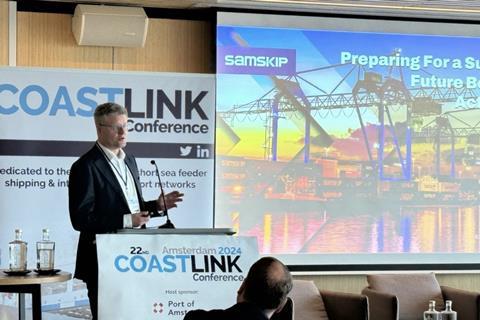
In his keynote speech, “Preparing for a sustainable future begins with action today” he highlighted the EU Emissions Trading System (ETS), applicable to shipping since the start of 2024. “There is no EU ETS for road transport. That creates not a fair playing field for all of us. There are companies very heavily investing in the future, changing the technology, being front runners. That is very costly. At the same time, you have to carry fees or penalties on top of your operating costs, so you have a double burden being a front runner.”
All these factors hinder the green transition and slow down the transition to green energy usage, warned Laaksonen. He outlined Samskip’s sustainability vision and vessel carbon reduction roadmap and emphasised: “We are not just talking about 2030 or 2040 targets – we are talking about the next couple of years’ target. This has to happen at the same time. We are mostly concentrating on what’s coming that’s new but we can also look at what’s happening today.”
For example, he said, some vessels can burn biofuels, there is the possibility to plug into shore power, and there are also vessels fitted with CO2 capture systems.
The multimodal network as a starting point is by far already the most sustainable way of transporting, said Laaksonen. “There is an immediate CO2 saving compared to any other models or ways of transport cargo. For example, comparing multimodal versus road transport on a Venice to London trip, you are talking about 524 kgs vs 1,463 kgs of CO2. And the greenest energy is actually the one that we save.”
Sustainability isn’t just a trend or hype any more, he said. “It is really a guiding principle for us and our compass and our driving force. We believe that the choices we make today can save the world for tomorrow, and we are embarking on our journey in sustainable innovations that really define the future of logistics.”
Being a logistics services provider is ‘just not enough any more for our customers’, he said.
“In today’s world, we have to take the responsibility for the wellbeing of our customers, the wellbeing of society and the wellbeing of our planet. Samskip is committed to making this change, making logistics more customer-focused, more sustainable and making every single day easier for all of us. Leading by example and learning by doing is really a good model to follow.”
Even for those content to follow, he warned: “Whether you act or just don’t do anything, you will be hit by the charges or regulations.”


